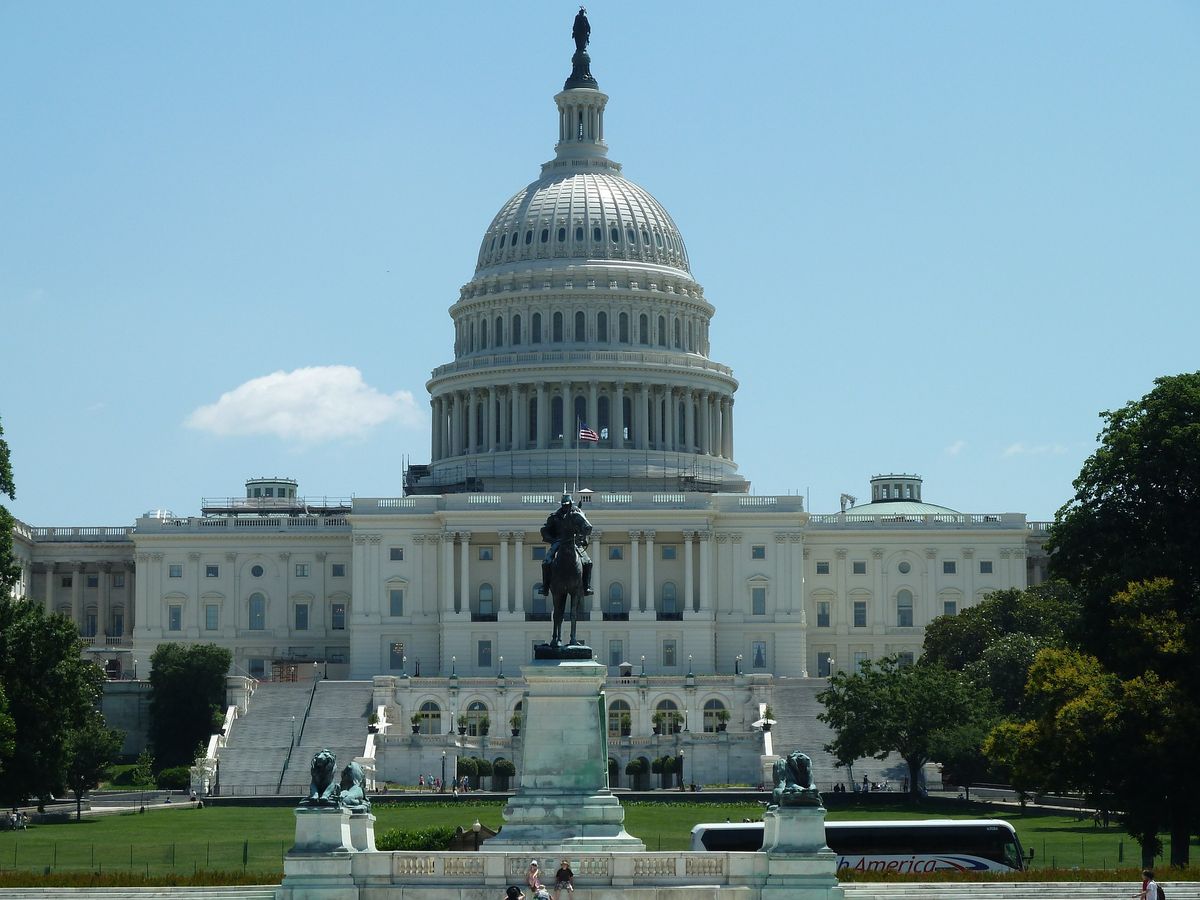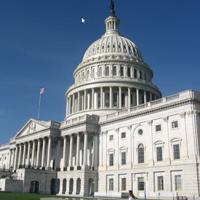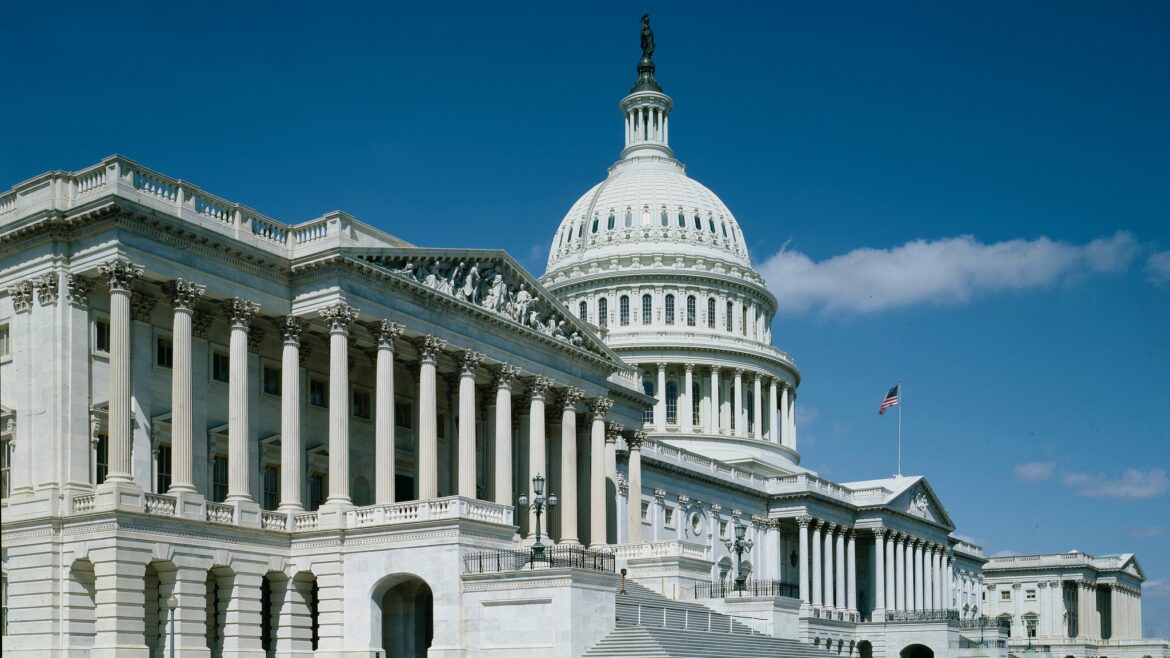The original public broadcasting act was passing in 1967, not long after former FCC Commissioner Newton Minow made his "vast wasteland" speech. What he said then could be said about a lot of TV and radio today. Minow was a consultant on the writing of the act. He said that the greatest country in the world deserves the best broadcasting in the world. That wasn't going to come from companies focused on delivering profits to owners and stockholders. So removing the profit motive seemed like the right thing to do. If all the money is directed to serving the public, you end up with better broadcasting.
-
Get involved.
We want your input!
Apply for Membership and join the conversations about everything related to broadcasting.
After we receive your registration, a moderator will review it. After your registration is approved, you will be permitted to post.
If you use a disposable or false email address, your registration will be rejected.
After your membership is approved, please take a minute to tell us a little bit about yourself.
https://www.radiodiscussions.com/forums/introduce-yourself.1088/
Thanks in advance and have fun!
RadioDiscussions Administrators
You are using an out of date browser. It may not display this or other websites correctly.
You should upgrade or use an alternative browser.
You should upgrade or use an alternative browser.
House Seeks to Defund CPB
- Thread starter TheBigA
- Start date
After I was "wished well in all his future endeavors" at the last commercial station I worked for, I tried for a gig at the local public radio outlet. A friend who worked there gave me a tour, and I got to sit in on one of their locally produced shows. Most of the folks I'd worked with who had "News Director" in their job title were nothing more than "the person who got the news off the wire and read it on the air twice an hour."
This place had a fully-staffed news room that rivaled that of the major market full-service station I'd toured as a college student 35 years prior. I'd been a morning producer, host, music director, prod director, etc. but these people were doing journalism. I had a pretty good interview, but I was way out of my league.
and i am not a news person.. it takes alot more skill then ive got ... im a news person when i have to be.. but i wouldnt call what ive done journalism. its not easy to meet public radio standards for news
Reminds me of a scene from "Meet Joe Black." Anthony Hopkins is head of a media company in the process of being sold, and Brad Pitt is...Death.The original public broadcasting act was passing in 1967, not long after former FCC Commissioner Newton Minow made his "vast wasteland" speech. What he said then could be said about a lot of TV and radio today. Minow was a consultant on the writing of the act. He said that the greatest country in the world deserves the best broadcasting in the world. That wasn't going to come from companies focused on delivering profits to owners and stockholders. So removing the profit motive seemed like the right thing to do. If all the money is directed to serving the public, you end up with better broadcasting.
The recent programming merger between WKSU and WCPN parent Ideastream Public Media was partially CPB-funded. It consolidated NPR/APM/PRX programming onto one station instead of two that were cannibalizing each other for membership and ratings; therefore, it was money wisely spent.A lot of the states have their own public broadcasting services that provide state-wide coverage of news and information. Earlier in this thread I mentioned the Alaska network based in Anchorage. The station gets CPB funding for its operations, and the news service gets CPB funding as well. They use the national interconnection system to distribute the programming among the member stations. All of that would be in jeopardy if the CPB appropriation wasn't funded.
It consolidated NPR/APM/PRX programming onto one station instead of two that were cannibalizing each other for membership and ratings; therefore, it was money wisely spent.
And it preserved (at least for now) classical music on WCLV.
Today the Senate Appropriations Committee recommended funding CPB:

 www.tvtechnology.com
www.tvtechnology.com

 www.insideradio.com
www.insideradio.com
Obviously this will have to be reconciled with the house committee.

APTS, CPB Commend Senate Funding Recommendations for Public Broadcasting
U.S. Senate Appropriations Committee is proposing $535 million for the Corporation for Public Broadcasting for fiscal year 2026
 www.tvtechnology.com
www.tvtechnology.com

Senate Appropriations Committee Moves To Protect Public Media Funding.
Just before the August recess in Washington, DC, the Senate Committee on Appropriations introduced its Fiscal Year 2024 Appropriations Bill, which includes protection for funding of the Corporation for Public
Obviously this will have to be reconciled with the house committee.
The original public broadcasting act was passing in 1967, not long after former FCC Commissioner Newton Minow made his "vast wasteland" speech. What he said then could be said about a lot of TV and radio today. Minow was a consultant on the writing of the act. He said that the greatest country in the world deserves the best broadcasting in the world. That wasn't going to come from companies focused on delivering profits to owners and stockholders. So removing the profit motive seemed like the right thing to do. If all the money is directed to serving the public, you end up with better broadcasting.
It seems to me that public broadcasters anywhere (in the world) are painted as left wing. In Australia, the Australian Broadcasting Corporation (ABC) is routinely smeared by conservative politicians as being Left Wing. This is in spite of a number of, Murdoch owned Sky News former staff, filling key appointments in the news and current affairs. Plus, a key management role went to a person who had the experience, but was widely accused of being too cosy with the (former) conservative government.
It's funny how large public broadcasting bodies get attacked as being "city centric institutions of the Left", when most of their best work is in the regional area's that commercial operators struggle to offer what the audience wants or needs.
Also in some parts of the country Public Broadcasting have their main studios at the state Capital from ones I seen like Hawaii PBS, Hawaii Public Radio. Sure public broadcasting originally had their intentions to educate the public but that changed to provide investigative journalism via documentaries though.It seems to me that public broadcasters anywhere (in the world) are painted as left wing. In Australia, the Australian Broadcasting Corporation (ABC) is routinely smeared by conservative politicians as being Left Wing. This is in spite of a number of, Murdoch owned Sky News former staff, filling key appointments in the news and current affairs. Plus, a key management role went to a person who had the experience, but was widely accused of being too cosy with the (former) conservative government.
It's funny how large public broadcasting bodies get attacked as being "city centric institutions of the Left", when most of their best work is in the regional area's that commercial operators struggle to offer what the audience wants or needs.
The appropriations bill, passed by the House & Senate on Friday, contains $535 million for CPB:

 current.org
current.org
This was the full amount requested.

House approves $535M for FY26 CPB appropriation - Current
Last year, a subcommittee had recommended zeroing out public media funding.
 current.org
current.org
This was the full amount requested.
The Corporation for Public Broadcasting reacts to congress passing their appropriation:

 www.cpb.org
www.cpb.org
As they note, there was bi-partisan approval for this bill, which has been the case for over 50 years.

CPB Statement on Congress’ Passage of Funding for Public Media
WASHINGTON, D.C. (March 23, 2024) — Patricia Harrison, President and CEO of the Corporation for Public Broadcasting (CPB), issued the following statement today after the House and Senate passed the Further Consolidated Appropriations Act, 2024. The bill provides $535 million for CPB in Fiscal...
As they note, there was bi-partisan approval for this bill, which has been the case for over 50 years.
So the title of this thread is House Seeks to Defund CPB. At this point, its becoming more like Congress Continues to Refund CPB.
Time after time after time again, CPB continues to get the money they need and despite pushback time after time after time again, Congress just easily and bipartisan-ly gives it to them. It proves how much of a political theater Congress and politics is in today's world.
Time after time after time again, CPB continues to get the money they need and despite pushback time after time after time again, Congress just easily and bipartisan-ly gives it to them. It proves how much of a political theater Congress and politics is in today's world.
It proves how much of a political theater Congress and politics is in today's world.
Part of it is political theater, and part of it is ignorance about how government works from the people in congress. New members all the time, they don't know what the job entails, they don't know there's no line item in the budget to defund NPR for example, so they speak without knowledge. They don't know that funding for CPB means funding for red state public broadcasting authorities. Then the day comes when they have to vote, and the funding gets passed.

